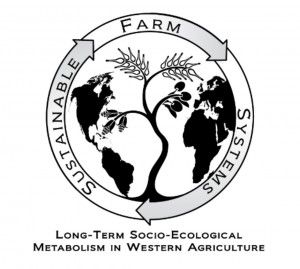Since October, members of our Sustainable Farm Systems Project, led by Dr. Andrew Watson, have written monthly posts for The Network in Canadian History and Environment (NiCHE) explaining different aspects, research methods, and findings of the project. To catch up on all of these posts, visit this link.
The most recent post is “Chronic Hunger, Chronic Terror: Agrarian Modernization and the Struggle for Sustainability in Guatemala, 1944-1980” by HGIS Lab Grad Student, Patrick Chasse. In the post, Chasse concludes that: “Historical research helps contextualize agricultural industrialization in Guatemala, highlighting moments when reformers and Indigenous peasants worked together to create a more sustainable and equitable agrarian landscape. Guatemala’s agrarian reform offers a fleeting glimpse of a more diversified and sustainable farm system. Yet the rise of cotton and rapid turn to African Palm suggests that Guatemala’s industrial agrarian regime has achieved remarkably resiliency by off-loading the costs of production onto labourers and the environment. Guatemala’s soaring productivity continues to be underwritten by bracing inequality and a disregard for the ecosystems that surround and permeate the farm.”

